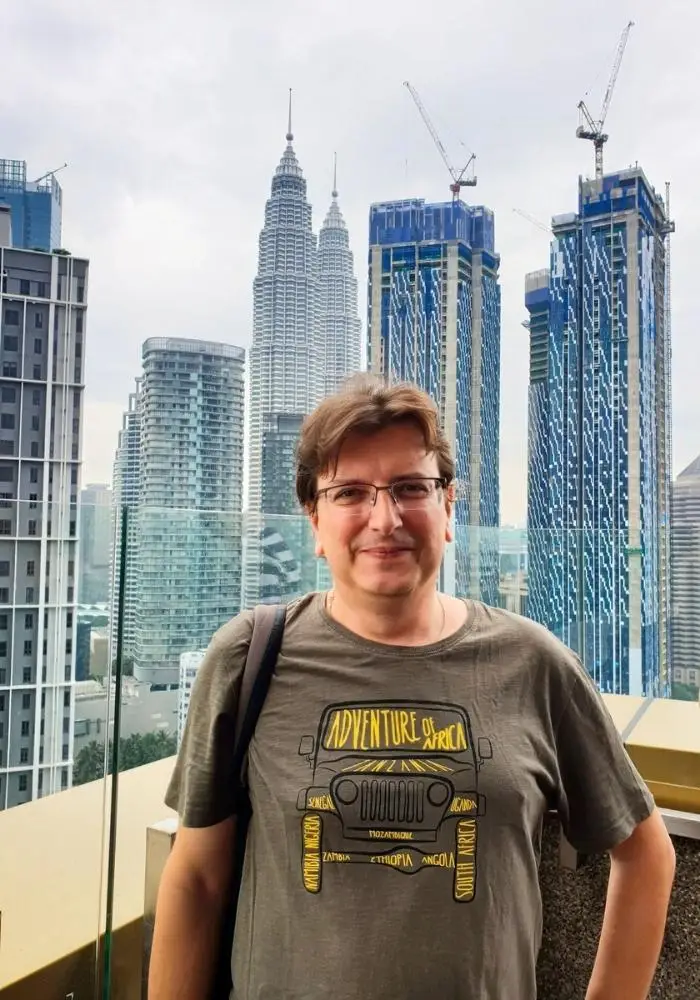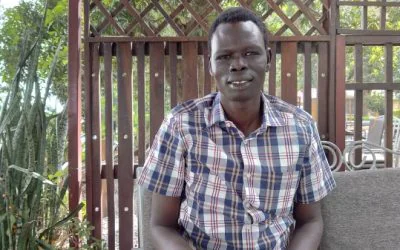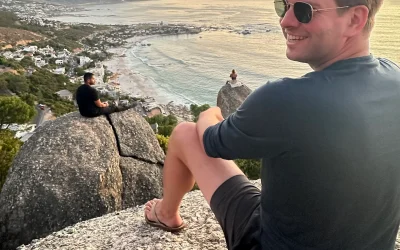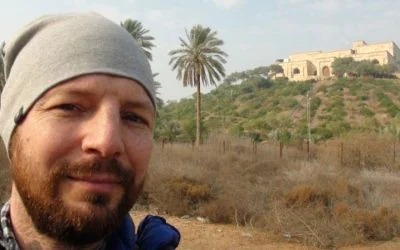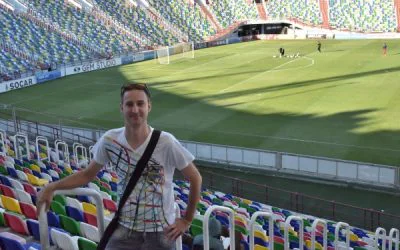Eddie was born when his country Romania was a very different place from what it is today. The founder of the popular travel portal Tuktuk.ro, the place to go if you are a Romanian speaker into travel, talks to us about his adventures and feelings about travel.
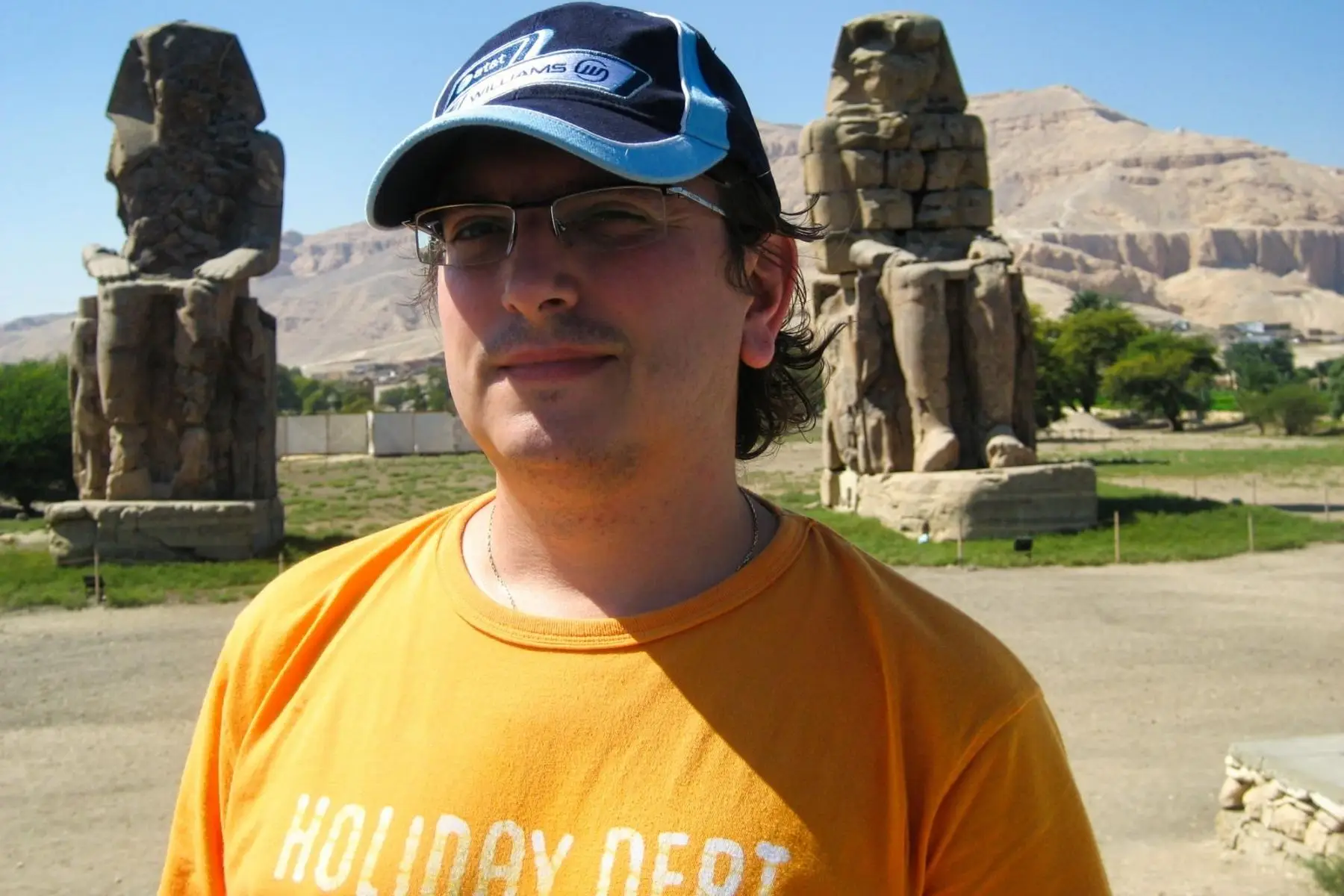
Eddie, tell us a little about your early life and how your love for travel developed.
I am Eddie Tone, born in Bucharest, Romania, the city where I still live today. In the 70s, Romania was a communist country, ruled by Nicolae Ceausescu and subject to the rules of the communist Eastern Bloc, led by Moscow. However, my childhood was beautiful – probably also because I was lucky enough to be born in the Capital (which I still believe is a beautiful city, even today), in a family that put everything on the table for me. I didn’t travel much during my childhood. Once, because outside the country it was very difficult to go and almost only to the communist countries in the region – USSR, East Germany, Czechoslovakia, Bulgaria and secondly because my parents were not very travellers, even in the country. That doesn’t mean that we didn’t take the classic holidays, every year, to the sea and to the mountains, i.e., to the Black Sea coast and to the Prahova Valley in the Carpathian Mountains.
I did, however, have some connection with the West: my step-grandfather, an extraordinary man, an engineer by profession, was originally from Udine, Italy. So, my grandmother visited his relatives in the Friuli region about every 3-4 years. She would come back from there with lots of toys, and lollipops, but also postcards, photos, and slides of the region. Basically, my first “dream” of going abroad was about Udine. Where, unfortunately, I haven’t arrived yet.
My first departure abroad was after 1990 when Romania became a free country following the fall of the communist regime. As I worked as a sports journalist in the 1990s, my first outing was a trip to Edessa in northern Greece, where I accompanied the women’s national football team – I remember it was a dull match that ended 0-0. And I also remember that Edessa – today a superb town – had many pharmacies. After that, my profession as a journalist brought me countless trips, especially after 2000, when I became a lifestyle journalist. I was editor-in-chief of the best men’s lifestyle magazines in Romania – FHM, and Playboy – and the trips abroad were flowing.
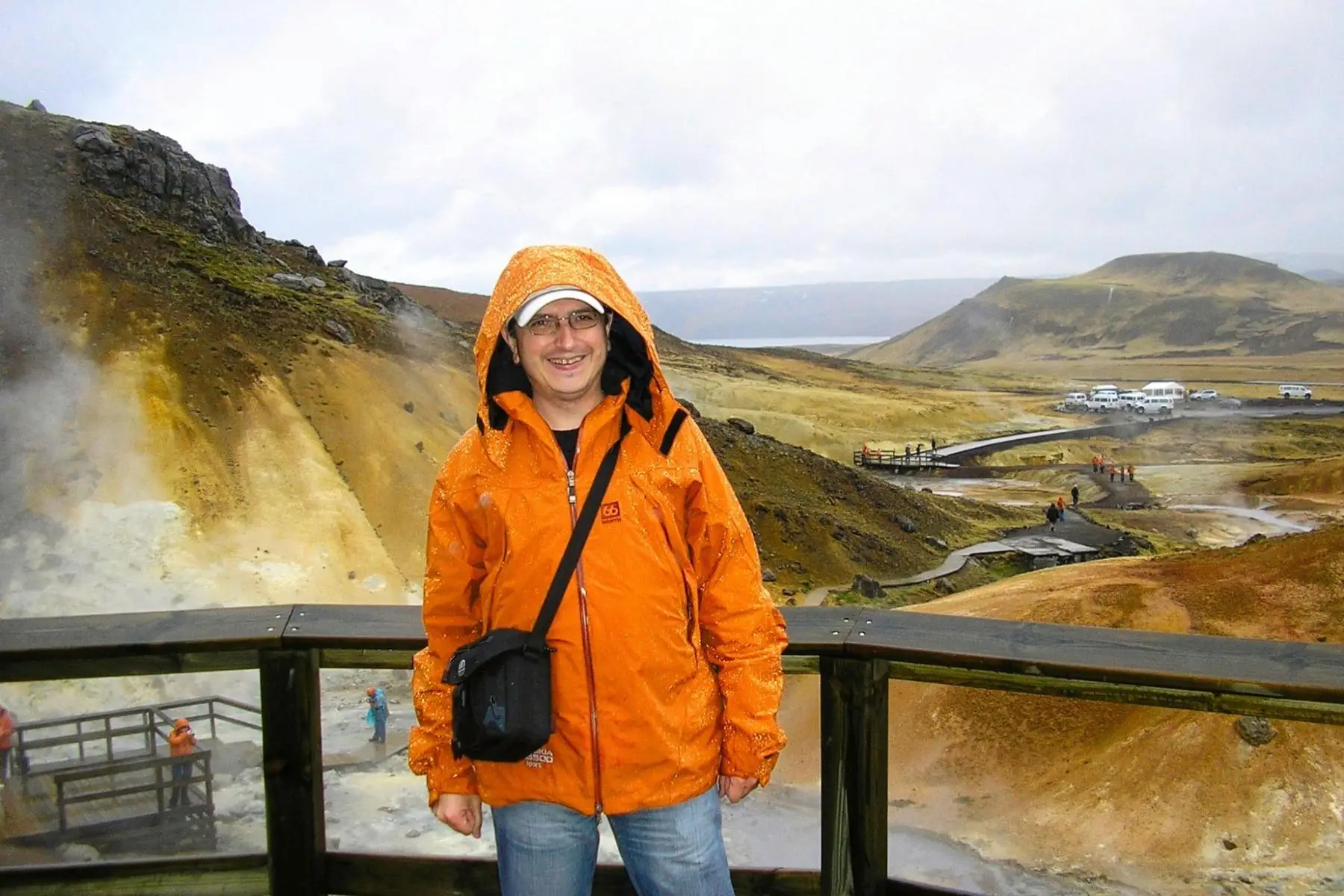
Tell us a little bit about your current work projects.
In 2010, out of a passion for travel, I founded the travel and tourism website TukTuk.ro, which, in time, became one of the most respectable independent sites of this kind in Romania, with very good traffic, a lot of material of all kinds in the travel zone. This year we also created the English version, TukTukTravelMag.com.
Obviously, over the years, my travel experiences have been posted a lot on my site, where I invited other travellers to write their impressions. As the written press in Romania has almost completely disappeared (there are practically no magazines anymore), I have dedicated myself exclusively to the website and the projects around it. In addition, I have several other websites – one about urban gastronomy (ChiliPepper.ro), another about animals (PisiCutzu.ro), and another about men’s lifestyle (Better-Magazine.com).

Give us a few hidden gems of your country that most foreigners may not know, but you absolutely recommend.
Romania is a beautiful country, but unfortunately, it is in an unhappy situation: the government is careless about its beauty, and there is no plan for national development and tourism promotion, so everything is done chaotically, and locally. Nevertheless, more and more beautiful tourist infrastructure sites are appearing, adding value to the areas.
There are many tourist diamonds in Romania, but if I had to recommend three of them, they would be (in no particular order): the Maramures region in the north of the country, on the border with Ukraine, the Cheile Nerei region in the south-west of Romania and the Danube Delta, where the Danube River flows into the Black Sea through its three arms. Each of these has its own strong arguments. Besides, there are many more to visit, from the vibes of Bucharest to the fantastic landscapes of the Apuseni Mountains, from the old churches of Transylvania to the medieval city of Sighisoara or other beautiful cities like Brașov, Sibiu, Cluj Napoca or Iași.
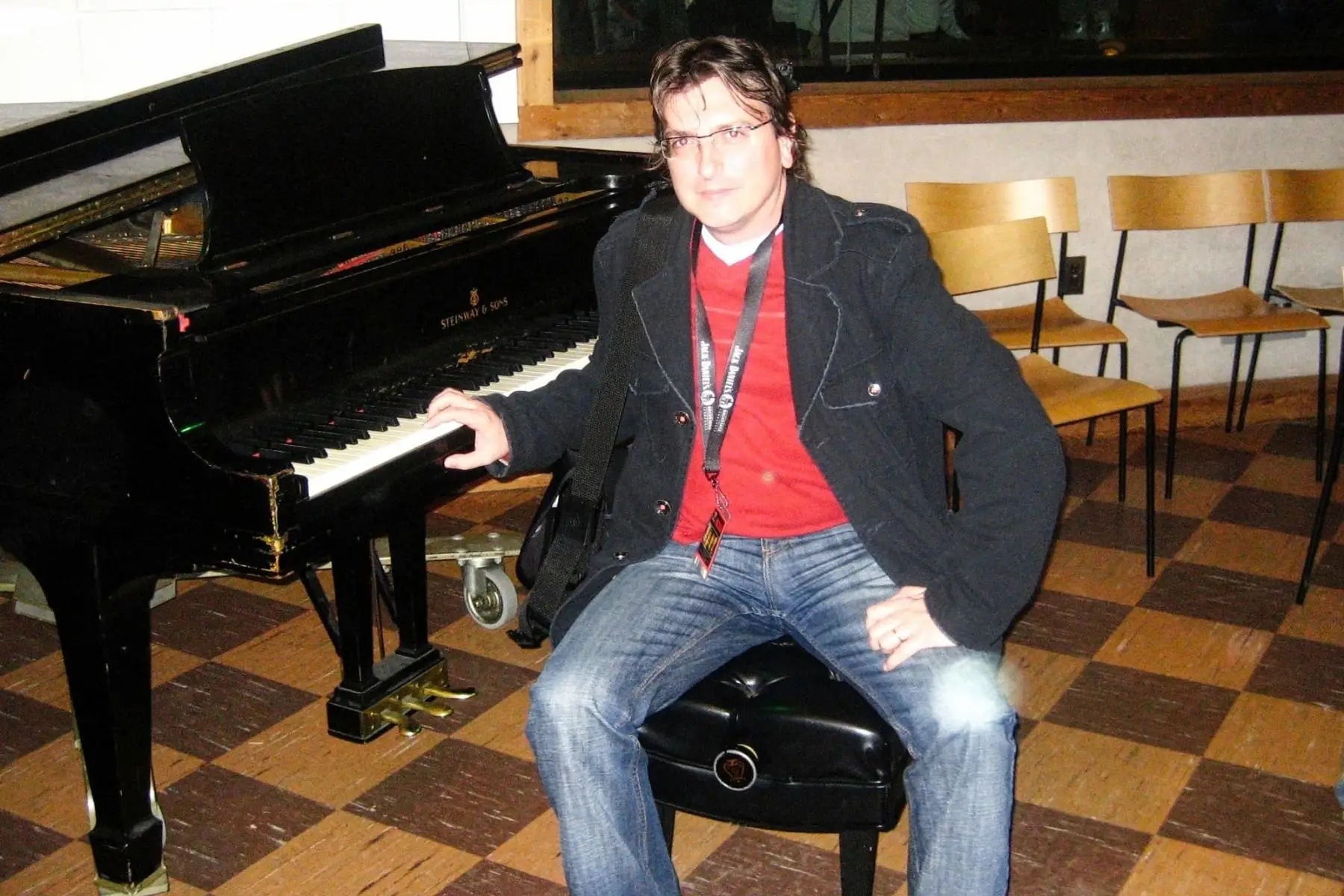
What is your most preferred style of travel and why? When you travel, what are your biggest interests?
Until a few years ago, I liked seeing as much as possible, no matter how much time I had. I was like a sponge, ready to soak up anything I could find. Recently, however, I’ve found that the notion of slow travel is the best, most relaxing, and most rewarding. Even if I would cover fewer sights, I prefer it because it gives me the respite to delve deeper.
Otherwise, if possible, I prefer to see places not quite on the beaten tourist track. Besides, I always believe that gastronomic experiences should take pride in place wherever you go.
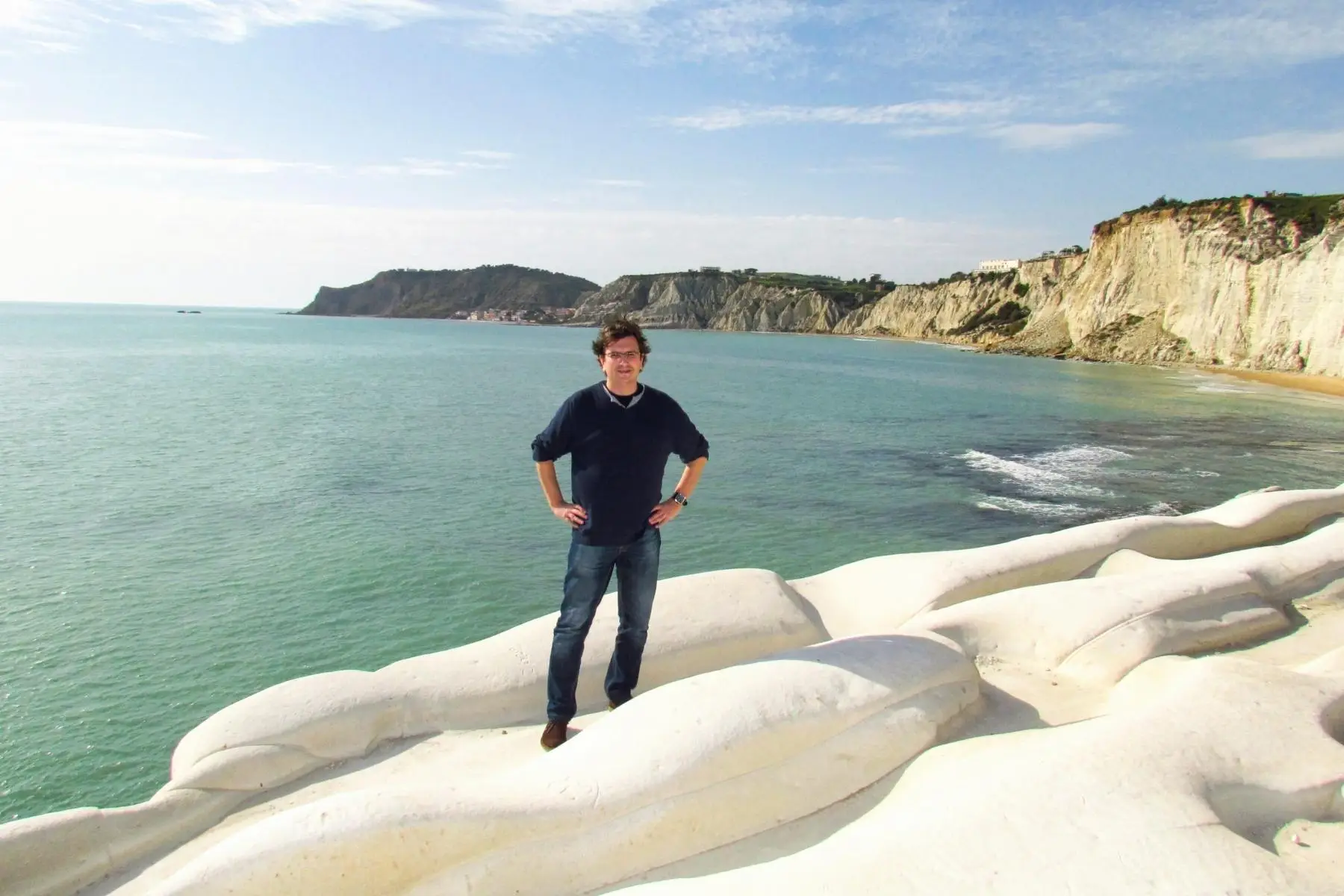
Could you share a travel story with us, one that stays deep in your head and heart?
Like any traveller, the memories are many, mostly pleasant. Many places have stayed with me, from the fabulous 10-day trip through Japan to the experience of watching the Champions League final (won by Manchester United, my favourite team) in the middle of the South African savannah, with lions howling in the distance. I met wonderful people in the places I visited and I’ve seen many gorgeous things. Still, there are way too many to see. One of the most beautiful experiences was in Thailand when I helped a little girl to find her mother and one of the – let’s say scariest – was in Manchester, in 1996, when IRA blasted a bomb in the centre of the city, and I was only 7 minutes away.
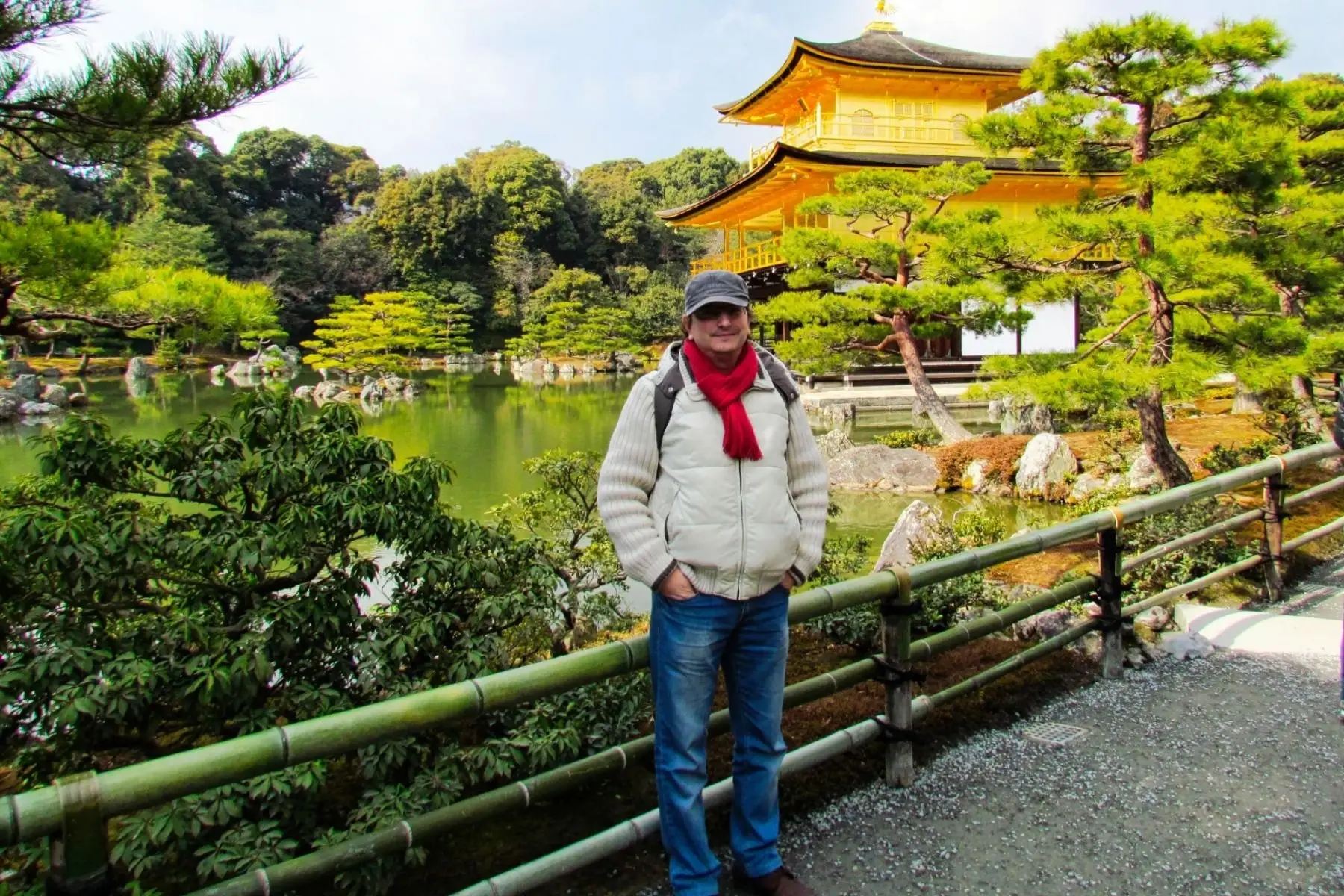
Can you draw a certain parallel in the behaviour and attitude towards tourists in different countries, what do you think it depends on? Is there a correlation between the openness and generosity of people who welcomes guests and their financial well-being?
Everywhere there are more welcoming people and less hospitable people. It probably depends on the people – and I think that generally, poorer people, apart from higher crime rates, tend to be more hospitable. It’s somehow in the nature of people, and we see that even in everyday life everywhere in our countries.
Then, about the attitude of the locals towards tourists, we have these situations with very popular cities, over-saturated with tourists, where already the locals tend to hate their visitors. Somehow you can’t blame them. In recent years (except during the pandemic), tourism has exploded, thanks to cheap plane tickets. The result has been a steady decline in the level of tourist civilization all over the world. And that’s a huge annoyance as a local.
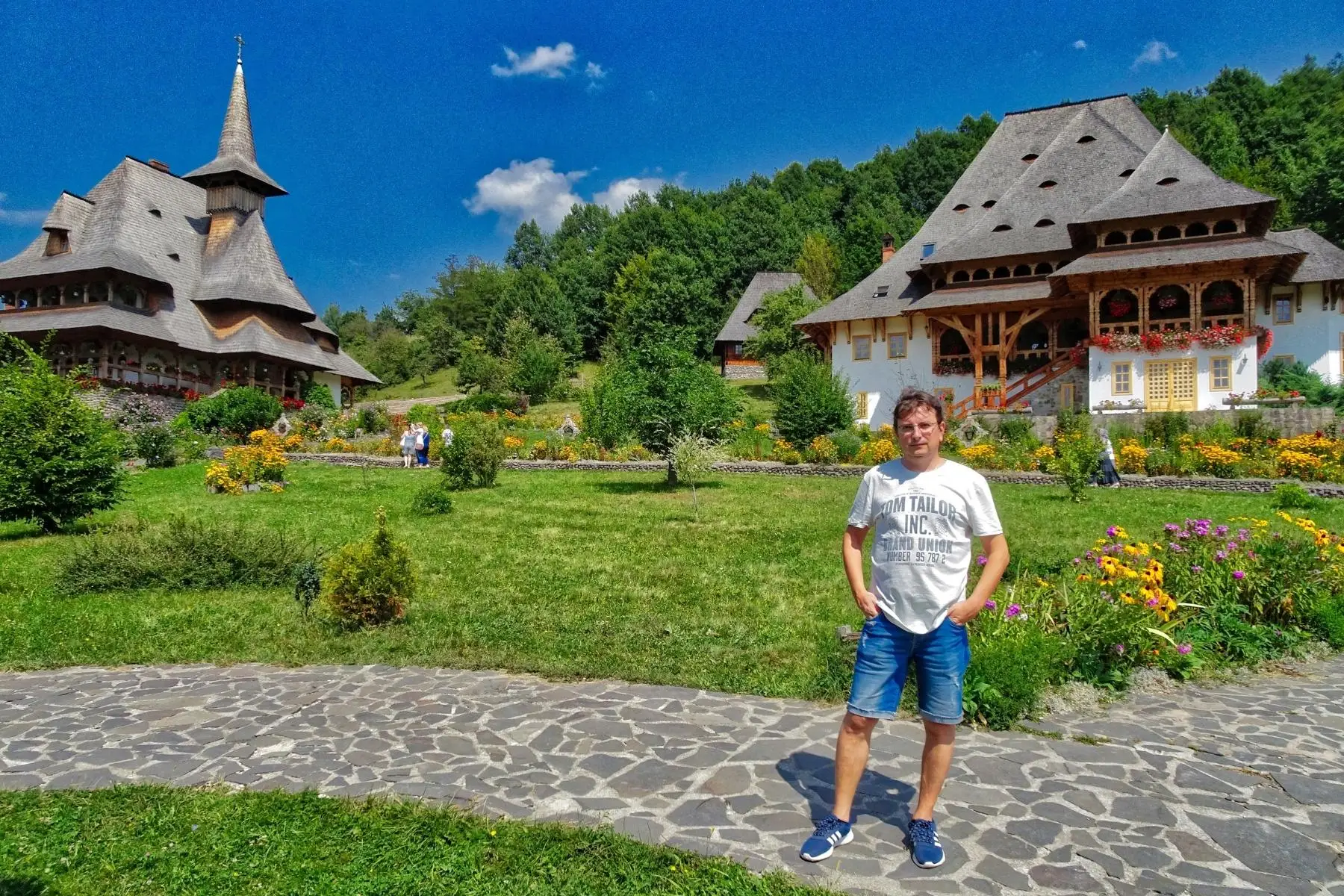
There is a stereotype that travel is only for free and wealthy people. For many, dreams about travel remain a dream. What would you recommend for people with a low budget, for sure, there are ways to see the world and still not spend a fortune?
I don’t think that’s true. As I said before, in recent years it has become very cheap to travel. You can do a city break for 100-200 euros, which is almost free. Sure, not everyone can afford it, but open-minded people find ways to save and travel somehow.
These days, if you have access to the internet and a few navigation skills, you can find cheap tourist routes, from plane tickets to Airbnb accommodations. Honestly, only the unwilling don’t travel. Well, we’re not talking about the underprivileged living in poverty, full of needs.
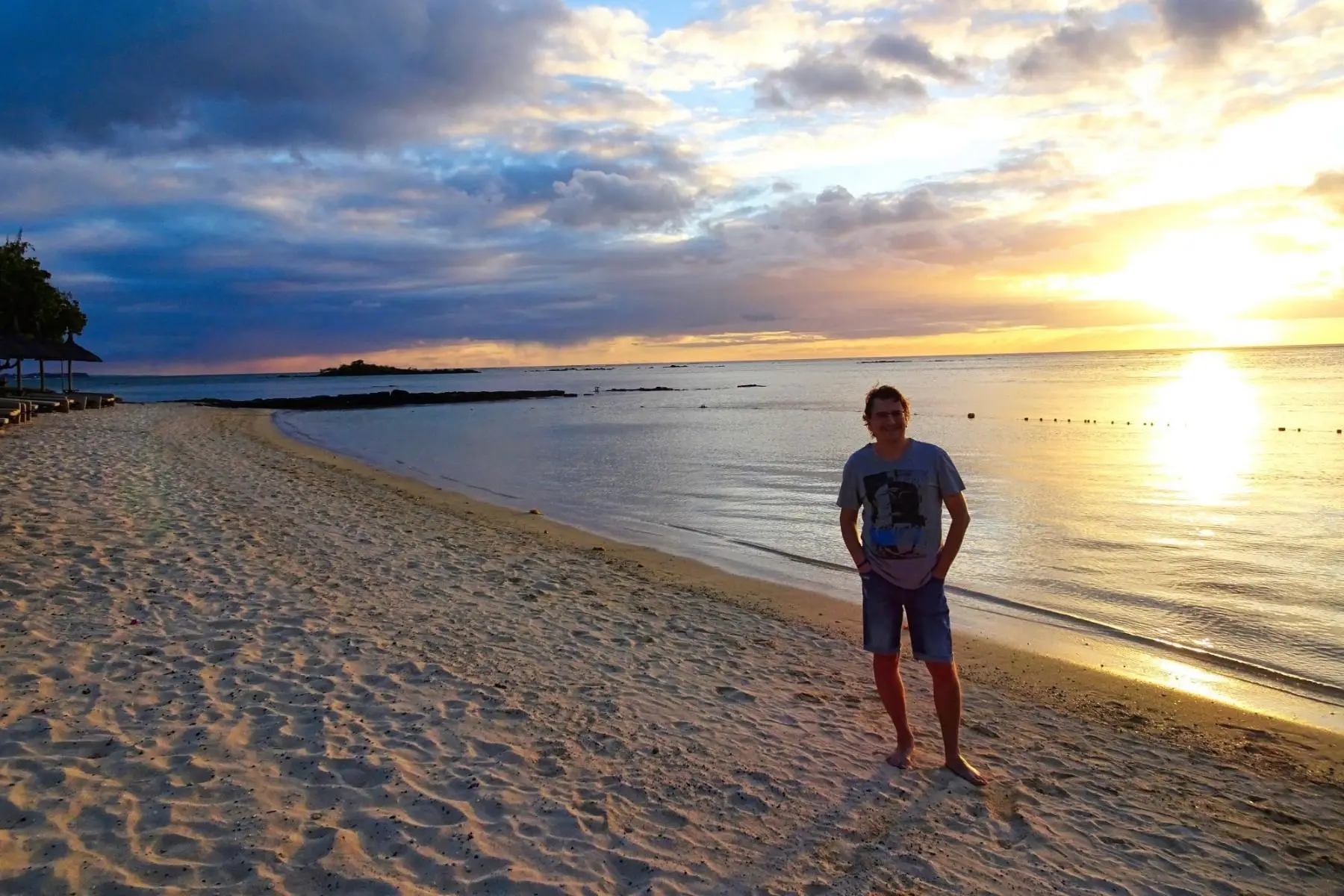
Give us a few of your favourites in terms of countries and experiences.
Number One: Italy. Best places to visit, all over the country, different types, from history to activities, fantastic food.
Number 2: Japan – a completely different world, a jaw-dropping mix of traditional and science fiction. Other philosophies of life are different from anything we know in Europe.
Number 3 – Greece, maybe also because my great-great-great-grandfather was Greek. It’s a country that astounds you with the beauty of its islands and also with the beauty of the little-known northern mountains.
Beyond that, every place I’ve been to have somehow stuck with me, and I would always put countries like Portugal, Georgia, India, South Africa, Morocco, or Iceland on my list.
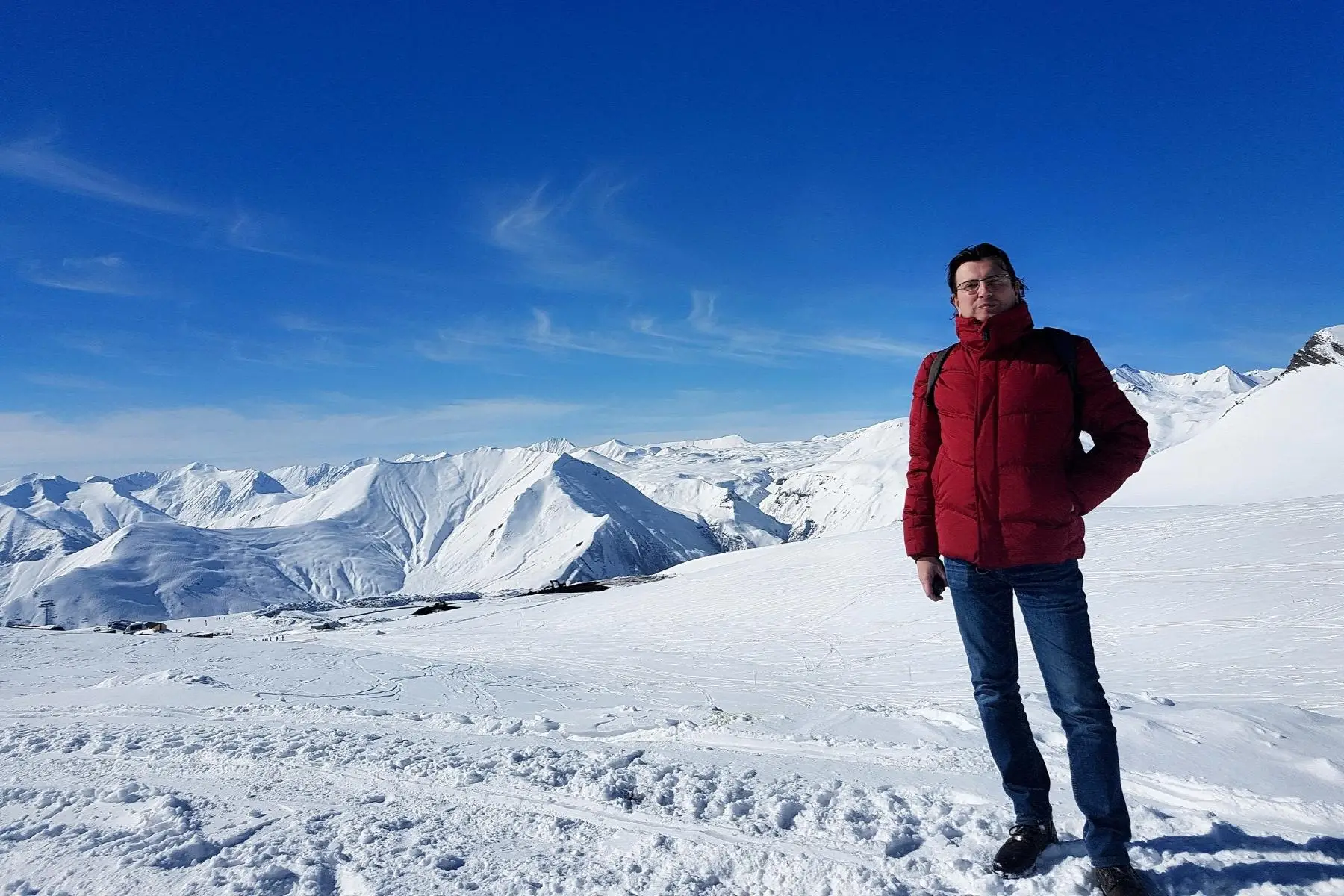
How do you plan an upcoming trip, what aspects do you take into consideration?
In recent years, the pandemic ones, quite chaotically, I would say. I rather preferred to visit Romania – places I hadn’t reached or had reached a long time ago. Otherwise, I have no particular method. Admittedly, I’m not a globetrotter either, the kind who stands with my suitcase at the door, ready to leave at any second. I also do other things that need to be sources of income, so I try to combine travel and work as harmoniously as possible.
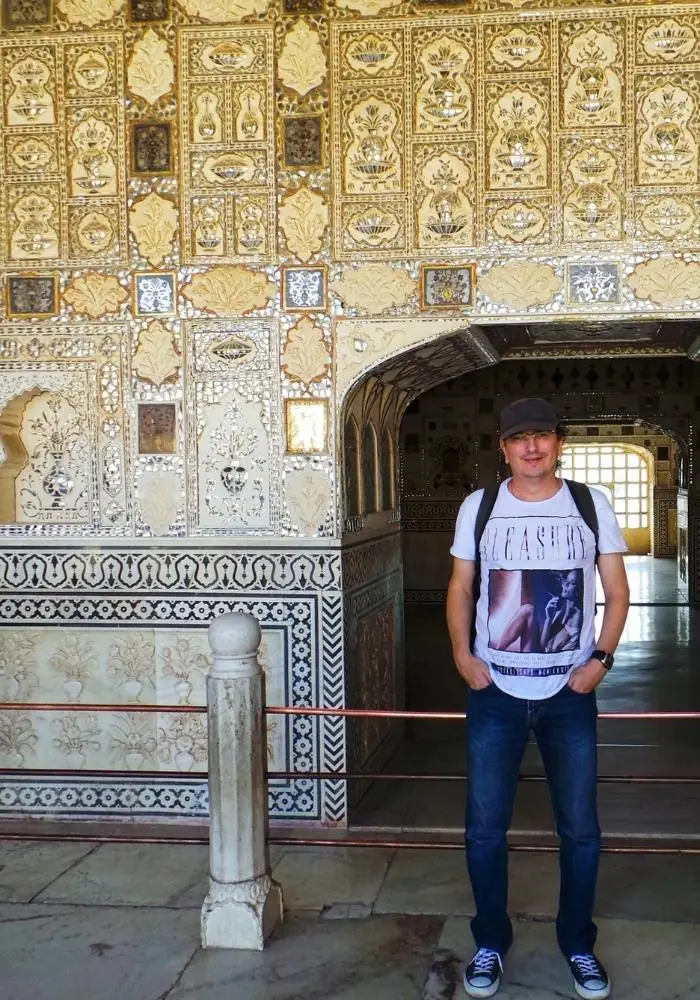
Finally, our signature question – if you could invite any 4 people to dinner, from any period in history, who would your guests be, and why?
One would be Claude Lorraine, my favourite painter, who lived in the 17th century. I’d ask him how he managed to paint those serene, romantic landscapes that, if you look at them, you’re instantly reassured, no matter how nervous you are. Another would be Robert de Niro, who I’d ask, among other things, what it was like to play the rape scene with Elizabeth McGovern in Once Upon A Time in America, my favourite movie ever.
Third would be Alexander the Great, the greatest military ruler in history, which I think would get some pretty drunk moments. And fourth would be Ibn Battuta, a great traveller of the 14th century, who many say was the greatest traveller of all time. This man travelled 117,000 kilometres at the time, and if you compare that to the fact that Marco Polo, another big name, travelled “only” 12,000, you’ll see that I’d need a thousand dinners with Ibn to listen to his stories.
